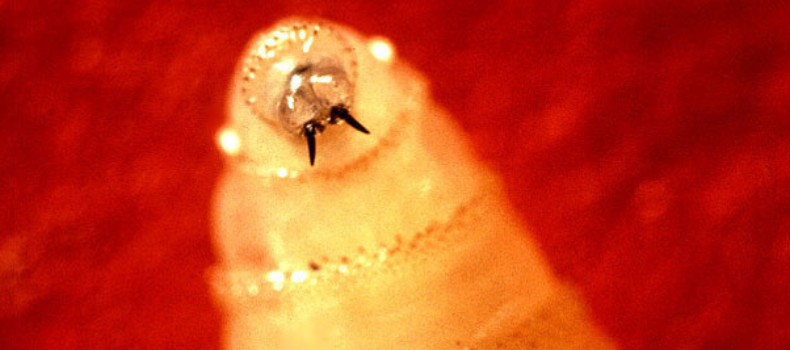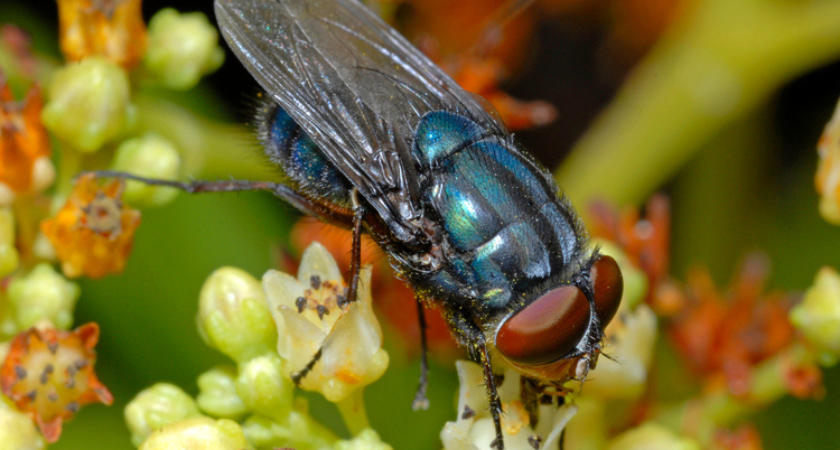Screwworm: A Public Health Alarm

Screwworm, a serious parasitic disease in Costa Rica, affects animals and humans. Discover prevention and control.
The screwworm, caused by the Cochliomyia hominivorax fly, is a serious parasitic disease that affects both animals and humans. This problem has gained relevance in Costa Rica, where numerous cases have been reported since July 2023.
Affections In Animals And Humans
According to the authorities’ records, cattle are the most affected by this parasite, followed by dogs and to a lesser extent other species such as sheep, goats and horses. Since the first case in animals in July 2023, seven human cases have been reported, including the first death this Wednesday.
Wound Care & Prevention
Dr. Alexis Sandí Muñoz, head of the Epidemiology Department of Senasa, emphasizes the importance of caring for wounds in animals and humans. Neglecting a wound can be harmful, as the fly deposits its eggs in these sites, where the larvae feed on living tissue, causing serious injuries. Especially in newborn animals, umbilical wounds are critical points of infection.
An Aggressive Strain
The current outbreak in Costa Rica is due to a particularly aggressive strain of the fly, which was first detected in the Southern Zone and has spread to all provinces. This strain has shown increased resistance to insecticides, forcing authorities to implement stricter measures.
Treatment Of Infested Wounds
In case maggots are found in a wound, it is recommended to kill the maggots with larvicides and remove them completely with tweezers. It is crucial to prevent maggots from falling to the ground to prevent them from completing their life cycle and becoming adult flies. In addition, wounds should be treated and cared for until they are completely healed.
Fly Dispersal

Screwworm flies can be spread in two ways: by flying up to 20 kilometers or by being transported by humans when moving infected animals. Therefore, it is vital to check animals for wounds and maggots before moving them.
Sterile Fly Technique
One promising strategy is aerial dispersal of sterile flies, a technique that interrupts the life cycle of the screwworm fly. Females mate only once, and if they mate with sterile males, they will not produce offspring, gradually reducing the fly population.
Eradication and reintroduction
The screwworm was eradicated in Costa Rica in 1999, and no cases were recorded until July 2023, when the disease reappeared. Now, authorities are once again in the eradication phase, facing the challenge of a more resistant strain.
The control and eradication of screwworm requires a coordinated effort between authorities, veterinarians and the public. Only through strict measures and cooperation can this threat to public health be addressed.
Sensorial Sunsets
Navigate articles





